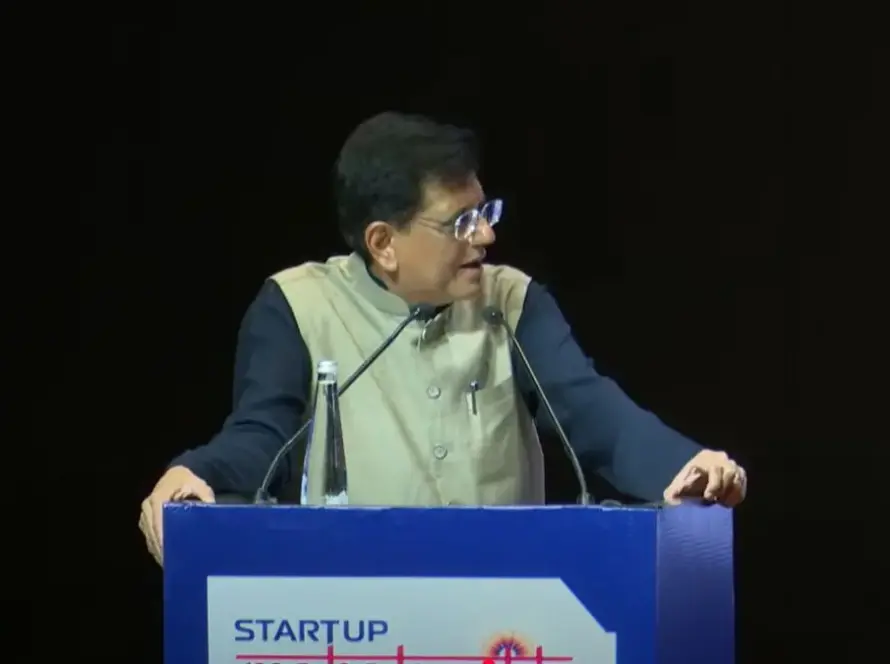For most of my career, I have watched software interviews change with the times. In the early days, interviews were formal. Dress codes were strict, and the process was one-sided. The interviewer asked questions, and the candidate answered. There was little room for personality or questions about work-life balance.
Over the years, things have shifted. Today, interviews are more relaxed. Candidates are encouraged to ask questions, show their personality, and discuss work-life balance openly. Remote interviews are common, and it is normal for candidates to clarify assumptions or challenge ideas during technical discussions.
Allowing AI in interviews is the latest step in this long journey of change.
A few months ago, I wrote about how students are skipping textbooks and turning to ChatGPT and YouTube for learning.That trend is now everywhere in the workplace too.
The old model of textbook-based learning, followed by whiteboard interviews, no longer fits the world we are in.
Recently, Canva made headlines by allowing candidates to use AI tools like Copilot and Cursor during technical interviews. At first, this might sound radical. But if you look closer, it is a logical next step.
At Canva, nearly half their engineers use AI coding tools daily. Across the industry, the numbers are even more striking. Sixty-three percent of professional developers already use AI in their workflow. At companies like Microsoft and Google, AI now generates about thirty percent of all new code. Meta expects that number to cross fifty percent soon. Microsoft’s CTO predicts AI will write up to ninety-five percent of code within five years, though human oversight will remain essential.
This is not just a tech company trend.
According to a recent Fortune article, sixty-six percent of business leaders now say they would not hire someone without AI skills. At ChargeLab, an EV charging software firm, they noticed candidates were avoiding AI tools in interviews, fearing penalties. So, they flipped the script. Now, candidates are encouraged to use AI, and the company has made AI literacy part of departmental OKRs.
The focus is not just on skill set, but also on mindset. Curiosity, adaptability, and a proactive approach to using AI are valued as much as technical know-how.
What does all this mean for us as leaders?
While I am still refining my own approach, I believe these are practical directions we should consider when interviewing interns and developers in today’s evolving landscape.
First, do not ban AI tools in interviews. Instead, encourage candidates to use them. The real test is not whether someone can write code from scratch, but whether they can use AI as a productivity multiplier.
Can they break down complex, ambiguous requirements? Do they know when to trust AI and when to question it? Can they spot and fix issues in AI-generated code? Most importantly, can they ensure the final solution meets production standards?
Second, design interview problems that reflect real-world complexity. Gone are the days when implementing a classic algorithm was enough. Today’s challenges are messy, open-ended, and require genuine engineering judgment, even with AI at your side.
Instead of asking for a textbook solution, present a scenario that needs iterative thinking, requirement clarification, and sound decision-making.
Third, look for candidates who are comfortable collaborating with AI, not just passively accepting its output. The best engineers I have seen use AI strategically for well-defined subtasks, but always maintain control of the overall solution. They ask clarifying questions, review and improve AI-generated code, and debug when things go wrong.
Finally, be transparent with candidates. Let them know upfront that you expect them to use AI tools, and encourage them to practice before the interview. This levels the playing field and helps you see how they will actually perform on the job.
Here is a short “AI-Ready Interview” checklist for founders preparing for their next round of hiring:
– Ask real, open-ended questions that mirror the messy, ambiguous problems your team actually faces.
– Tell candidates upfront that using AI tools is not just allowed, but expected.
– Watch how they work with AI—do they ask smart questions, refine the output, and show good judgment, or just accept whatever the tool gives?
– Look beyond technical skills. Curiosity, adaptability, and a willingness to learn are just as important.
– Make sure your own team knows how to spot these qualities and is comfortable evaluating candidates in this new way.
This is not just about hiring for today. It is about building teams ready for tomorrow.
As the lines between human creativity and machine intelligence blur, our job as leaders is to find people who combine sound judgment, curiosity, and technical depth with the ability to use AI thoughtfully and effectively.
I am still learning and adapting my own approach. If you are rethinking your interview process, I would love to hear what is working for you and what is not. Let us keep this conversation going.


